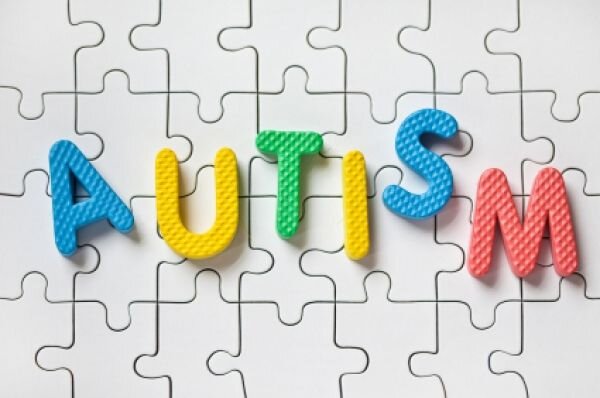Webinars being held for parents with autistic children

TEHRAN – Iran Autism Association (IAA) is holding several webinars for its members to empower parents with autistic children.
Autism is a lifelong neurological condition that manifests during early childhood, irrespective of gender, race, or socio-economic status. The term Autism Spectrum refers to a range of characteristics. Appropriate support, accommodation, and acceptance of this neurological variation allow those on the Spectrum to enjoy equal opportunity, and full and effective participation in society.
Autism is mainly characterized by its unique social interactions, non-standard ways of learning, keen interests in specific subjects, inclination to routines, challenges in typical communications, and particular ways of processing sensory information.
In recent years, major progress has been made in increasing awareness and acceptance of autism, not least thanks to the many amazing autistic advocates who have worked tirelessly to bring the lived experience of autistic people to the wider world.
In this regard, IAA is holding several webinars from November 18 to December 20. Various topics including sensory-motor problems, learning to communicate through images, learning about the challenges and legal issues related to autism, and learning basic skills such as dressing, eating, and so on will be covered in these webinars, ISNA reported.
Iran Autism Association
IAA is a non-governmental, non-profit organization established in 2014 by specialists, experts, stakeholders, people with autism, and their families.
Their founding belief is to improve the quality of life and empower people with autism. IAA provides services such as training, rehabilitation, counseling, and support to develop their behavioral skills and pave the way for their independence.
Their vision is to transform Iranian society into an autism-friendly society by the end of 2026.
Services provided by Welfare Organization
On April 2, Ali-Mohammad Qaderi, head of the Welfare Organization, said, “We want to play our role well in changing the attitude towards people with autism and in recognizing and asserting their rights as citizens of society, just like other citizens.”
“In this line, the Welfare Organization is providing services in the form of setting up 110 daily education and rehabilitation centers and 16 multi-disability centers and with about 1,500 specialized personnel for about 5,000 people with an autism spectrum disorder.”
Moreover, four temporary residences, 399 vocational training centers, 127 production workshops, 16 job support centers, and 103 home care centers are now operating nationwide, he added.
It is a vital tool to foster an inclusive and caring society for all and to ensure that all children and adults with autism can lead full and meaningful lives.
The rate of autism in all regions of the world is high and the lack of understanding has a tremendous impact on individuals, their families, and communities.
The stigmatization and discrimination associated with neurological differences remain substantial obstacles to diagnosis and therapies, an issue that must be addressed by both public policymakers in developing nations, as well as donor countries.
MT/ MG
